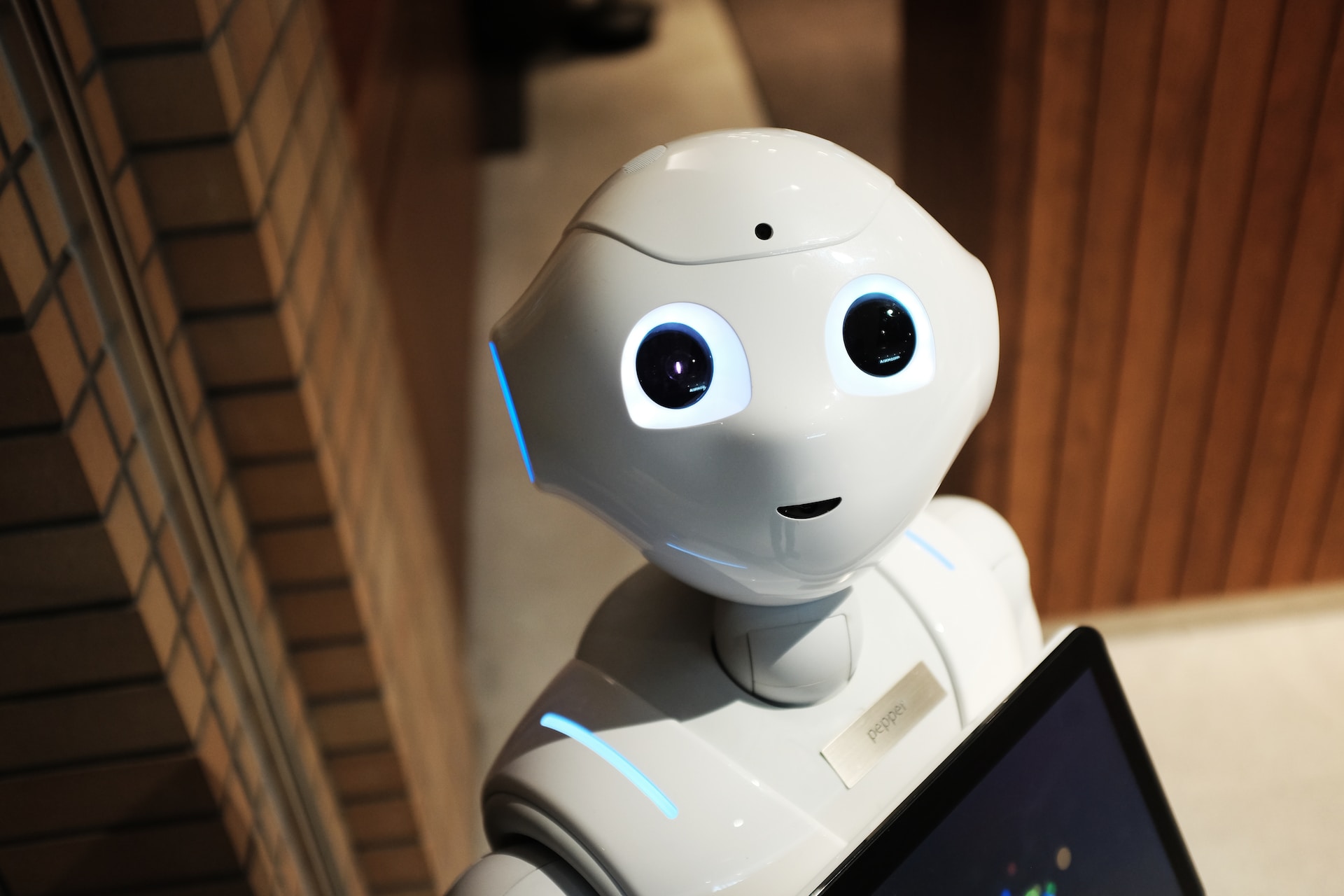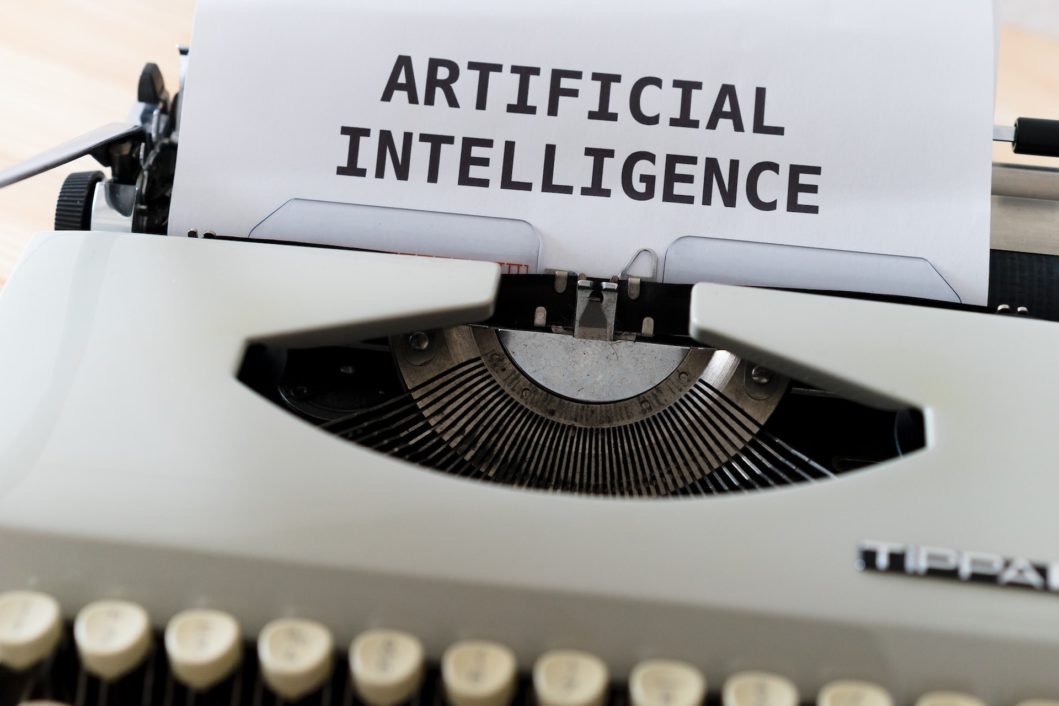As technology continues to advance at an unprecedented pace, businesses find themselves at a critical juncture. The integration of Artificial Intelligence (AI) and automation has emerged as a powerful solution for future-proofing business operations. This transformative duo is reshaping industries, optimizing processes, and ensuring long-term competitiveness.

Streamlining Operations and Efficiency:
AI and automation are at the forefront of revolutionizing how businesses operate. These technologies offer the capability to analyze vast amounts of data in real-time, identifying trends, patterns, and insights that would be near-impossible for human operators to discern. This data-driven approach empowers companies to streamline operations, reduce waste, and improve efficiency across various departments.
Processes that once required significant manual intervention can now be automated, allowing employees to focus on higher-value tasks that demand critical thinking and creativity. Mundane and repetitive tasks are delegated to AI-powered systems, freeing up human resources to tackle strategic initiatives that drive innovation and growth.
Enhancing Customer Experience:
In the age of information, customer expectations are higher than ever before. AI and automation play a pivotal role in delivering exceptional customer experiences. Chatbots and virtual assistants are becoming standard tools for providing instant responses and solutions to customer queries, enhancing customer satisfaction and loyalty.
AI-powered algorithms can analyze customer behavior and preferences to provide personalized recommendations, ultimately leading to increased sales and customer retention. Moreover, automation can ensure timely responses to customer inquiries, creating a seamless and responsive communication flow.
Data-Driven Decision-Making:
AI’s ability to analyze and interpret data goes beyond improving operational efficiency—it extends to strategic decision-making. Businesses can leverage AI-driven insights to make informed choices, minimize risks, and capitalize on emerging opportunities. By identifying market trends and customer preferences, companies can tailor their offerings and strategies to meet evolving demands.
Adapting to Market Changes:
The business landscape is dynamic, with rapid changes being the norm. AI and automation provide businesses with the agility needed to adapt to shifting market conditions. Supply chain management, for instance, benefits from AI-powered predictive analytics that anticipate disruptions and help companies adjust procurement strategies accordingly.
By automating certain production processes, businesses can scale operations more easily in response to increased demand. Conversely, when demand decreases, AI-driven forecasting can prevent overproduction and reduce excess inventory costs.
Upskilling the Workforce:
While AI and automation enhance operational efficiency, they also prompt a reevaluation of the workforce’s skill set. As technology takes over routine tasks, employees are encouraged to upskill and reskill in areas that require human expertise, such as critical thinking, problem-solving, and creative ideation.
Investing in employee training and development ensures that the workforce remains adaptable and capable of collaborating effectively with AI-driven systems. This symbiotic relationship between technology and human expertise leads to a more robust and versatile workforce.
Conclusion:
The integration of AI and automation is no longer a luxury; it’s a necessity for businesses looking to remain competitive in an increasingly digital world. From optimizing operational processes to enhancing customer experiences and enabling data-driven decision-making, these technologies are future-proofing businesses by fostering efficiency, adaptability, and innovation. Embracing the AI and automation revolution today equips businesses with the tools they need to not only survive but thrive in tomorrow’s dynamic business landscape.

